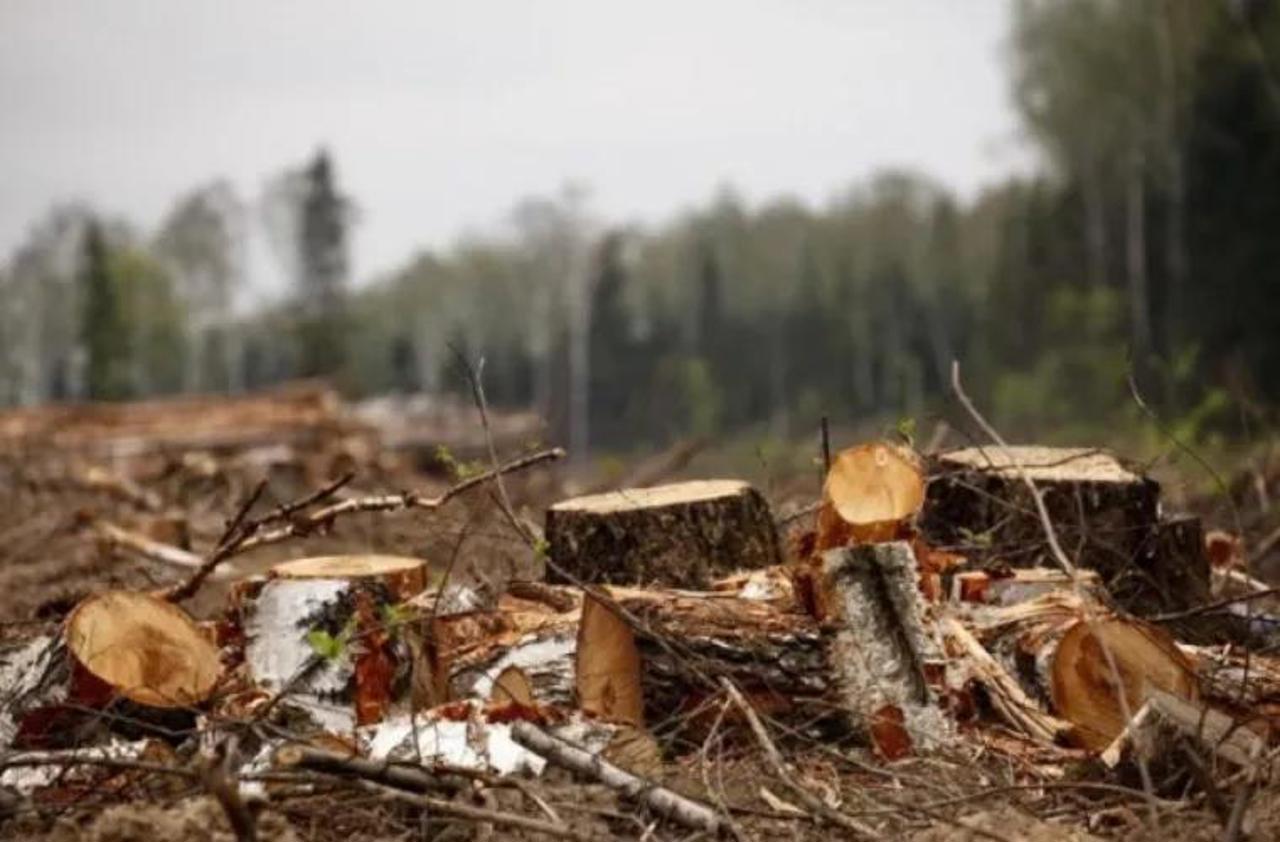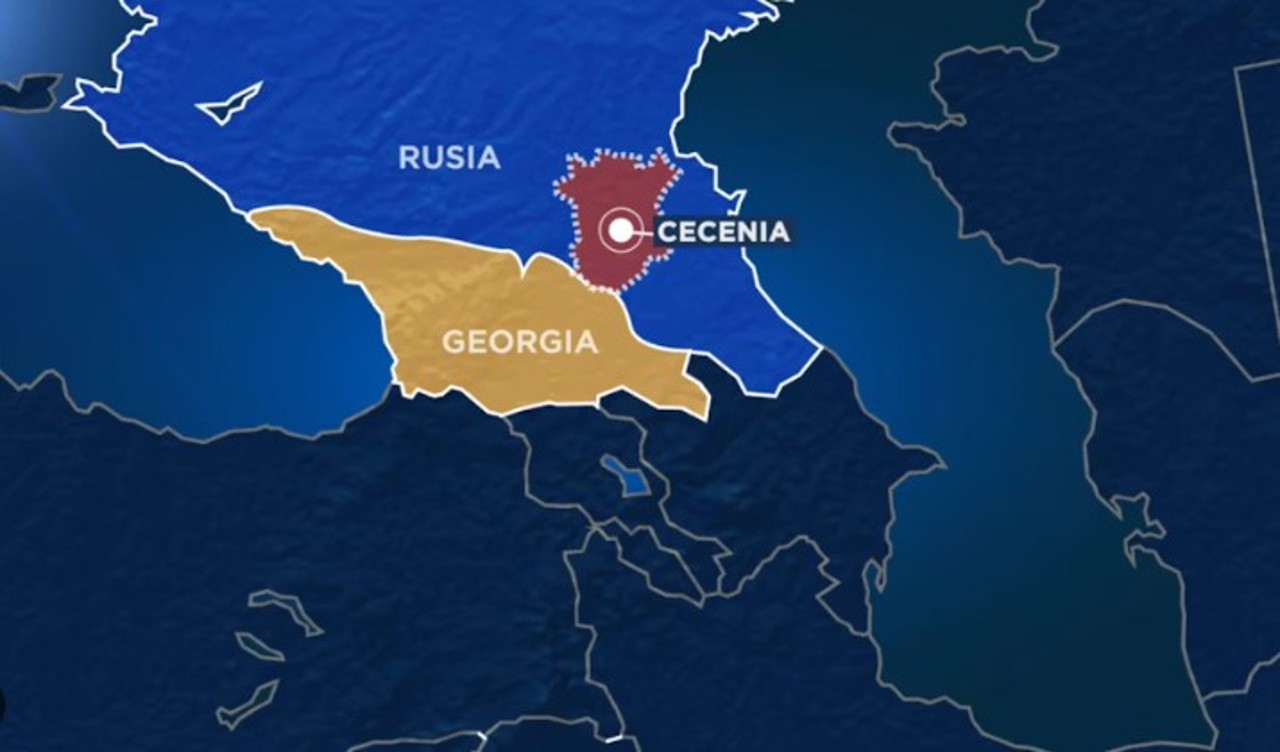Moldova is more vulnerable to climate change. What the authorities are doing to stop illegal deforestation
Inadequate management of forest resources in recent years is taking its toll on the environment, contributing to environmental pollution. At the same time, because of the low level of afforestation, Moldova is much more vulnerable to climate change than European countries, say some experts. The environment ministry is working with all the institutions involved to reduce illegal cutting and ban deforestation above the set limit.

The Republic of Moldova is more vulnerable to climate change because of the low level of afforestation in the country, says Petru Vinari, a representative of the Biotica Ecological Society. He said in a broadcast on the public television channel Moldova 1 that green fields are full of waste, both because of a poor waste management infrastructure and citizens' irresponsible attitude towards the environment.
"First of all, we are about the most deforested country in Europe, which makes us much more vulnerable to climate change than others, and last but not least we have widespread poverty among the population, which takes responsibility for more pollution than in other countries due to lack of education and the necessary infrastructure. Our landscapes, the land, the space of our country is unfortunately invaded a lot by rubbish", explained Petru Vinari.
Over the years, there has been inadequate management of forestry resources, and this is affecting citizens and contributing to air pollution, said Environment Minister Rodica Iordanov. She stressed that in previous years the level of felling was much higher than the potential for new plantation growth. The minister said that her institution, together with all the structures in the field, was working together to prevent unplanned cutting of trees.
"By the year 2022, there has been a lot of felling. In most cases they were unplanned correctly. The level of felling was much higher compared to the growth potential of the forests that were planted. We have been trying to balance this situation since August 2021. We had a lot of disputes. Hopefully in 2023, the energy crisis will not have such a big pressure on timber. We are working with the Ministry of Energy, with development partners, to ensure that we do not allow any more overruns or logging," said Rodica Iordanov.
At present, Moldova has 11% of the country's territory covered by forests, compared with 37.7% in the EU. According to the national programme for the expansion and rehabilitation of forests for the years 2023-2032, the forested area will be expanded by about 150 thousand hectares in the next decade.





